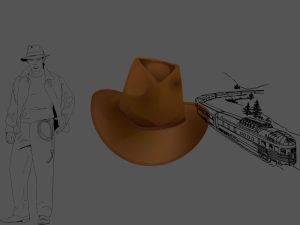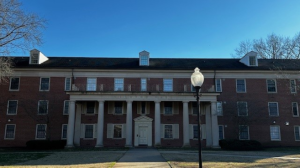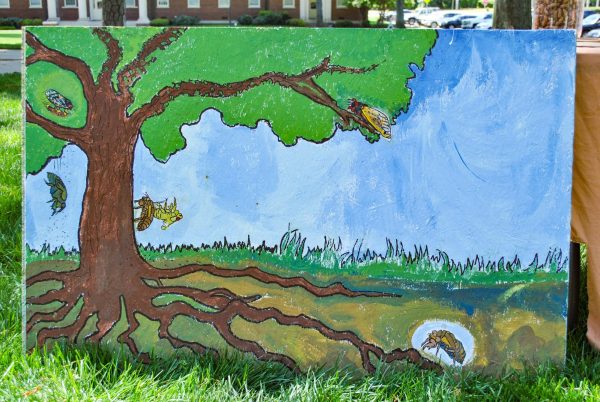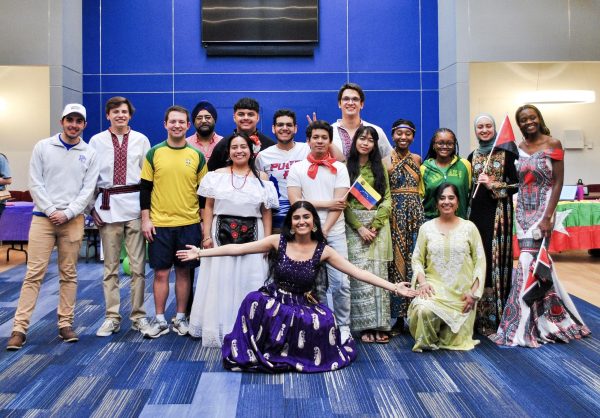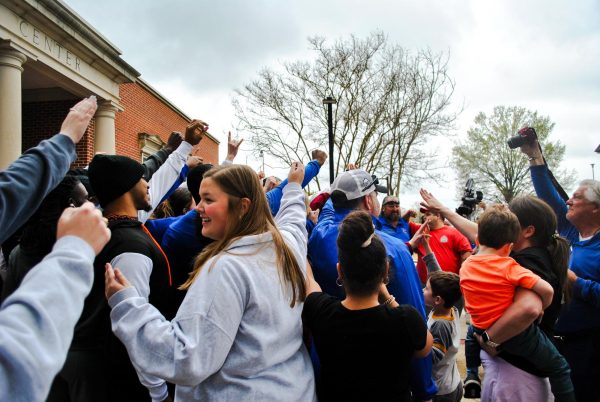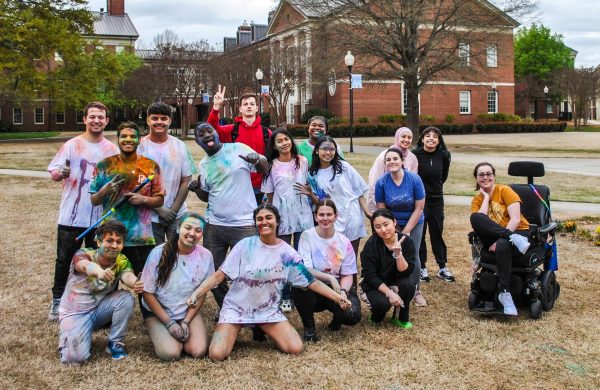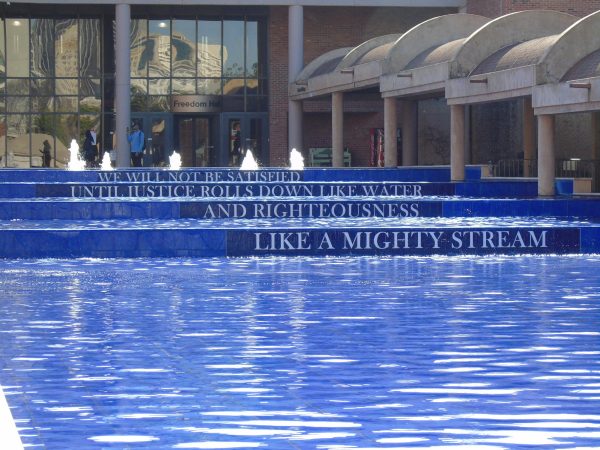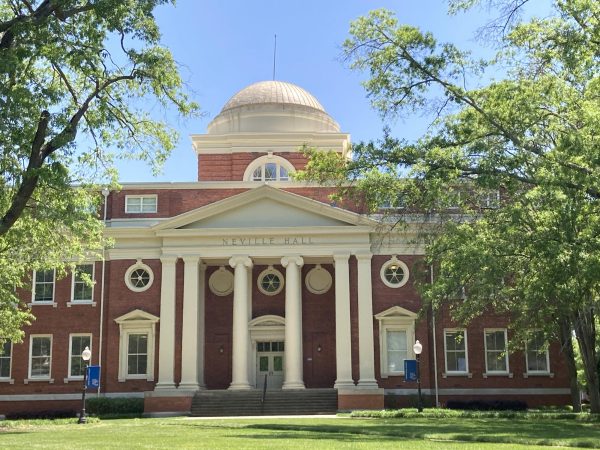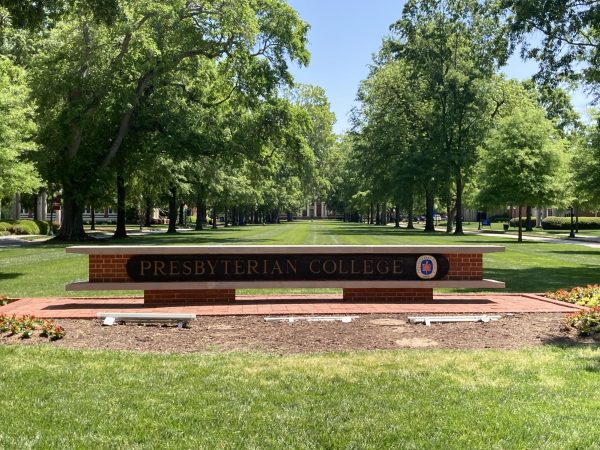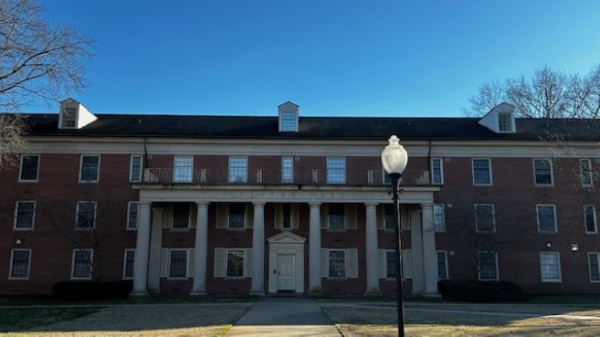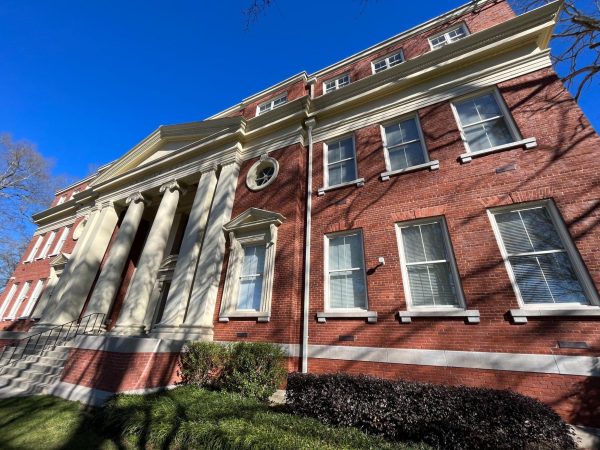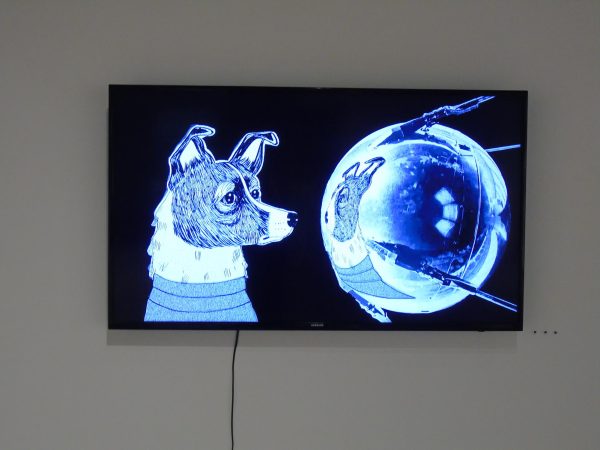First Annual Nat Fuller Feast: Remembering a Shared History
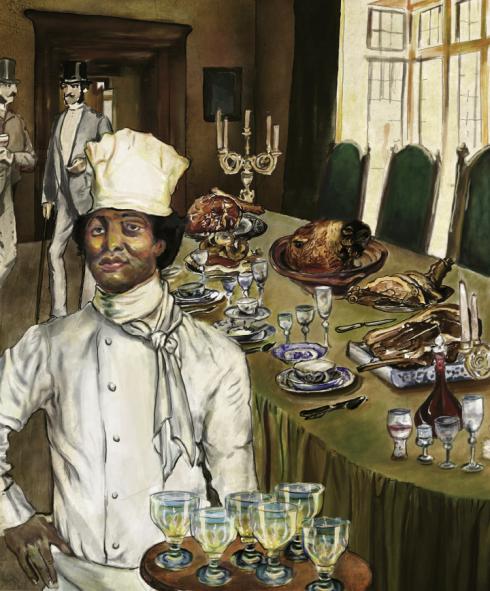
Photo credit: http://charlestonmag.com/sites/default/files/styles/490×490/public/Nat%20Fuller-%20colored_opt.jpeg?itok=GXJrP7V5
April 15, 2015
Nat Fuller, a free African American chef and caterer, living in Charleston during the Civil War time period, was well-known and highly respected for his expertise in the culinary field. Having garnered much respect from both the White and African American communities, Fuller, as the Civil War drew to a close, decided to host a feast both celebratory and reconciliatory in nature. Eighty individuals from both communities, collectively and in the spirit of equality, were in attendance.
As this year marks the 150th anniversary of the end of the Civil War, many cities in South Carolina, such as Fuller’s hometown of Charleston, Columbia, Greenville, and our very own Clinton paid homage to Fuller’s beautiful gesture of interconnectedness by way of hosting their own Nat Fuller Feasts.
Though this event is prompted by our past, Dr. Kendra Hamilton, head of the Southern Studies program on campus, stresses the idea that it is “time for us to look to the future.” In corresponding with Hamilton she explains that often in reflection of Southern culture and history, not all sides of the story are represented. As one of the chief individuals responsible for the planning of this event, she feels that this is an occasion, “to celebrate this alternative history of the Civil War.”
She goes on to say that, “It’s an incomplete story… the Civil War was not just a defeat of the South, but [also] a celebration of emancipation.”
This idea for Clinton to host a feast stems from Hamilton’s work with Dr. David Shields, the University of South Carolina food historian who is working with local chefs to organize Charleston’s Nat Fuller event.
For the Clinton community, this idea had taken root and came to fruition on April 9, marking the first of what many hope becomes an annual celebration, our version of the Nat Fuller Feast. Hosted at the Mabry-Smith-Yonce in honor of our shared histories and in remembrance of the original Fuller feast, the dinner program began promptly at 7 p.m. with cocktails starting beforehand at 6 p.m.
Over the course of the evening, several prominent speakers from the community including the Rev. Dr. Blake Harwell of the First Baptist Church, Dr. Kendra Hamilton, Rev. Rachel Parsons-Wells (Director of Religious Life and Service), Dr. Claude Lilly, Mr. Frank Stovall (City Manager), and Rev. Steven L. Evans of the Friendship A.M.E. Church spoke. The music was performed by soloist Hannah Taylor (a junior Biology major) alongside accompanist, Brooke Blake. In keeping with the original feast, eighty members from Clinton’s community, half African American and half from the white community, had received formal invitations. The event also endeavors to spark new discussion and thought cross-generationally, as an essay contest was held in the area middle and high schools. The winners—Latonia Johnson and Kari Young from Bell Middle School alongside honorable mention winners Tori Daniel and Madison May from Clinton High School—have also been invited.
Because Nat Fuller’s career and feast so heavily revolve around the culinary arts, I would be remiss not to include the menu for the evening. Attendees began the meal with an arugula salad with roasted tomatoes and corn leading to the main entrée of sliced pork loin with rosemary garlic sauce and fingerling and purple potato cake with sautéed brussel sprouts and bacon. To round out and finish the meal on a sumptuously sweet note, dessert was a Bourbon Street Pecan Pie, filled, of course, with toasted pecan halves and notes of Kentucky bourbon.
In approaching and articulating our thoughts and memories concerning the 150th anniversary of the end of the Civil War, Hamilton encourages the community (both on campus and off) to give serious thought to the question that the essay contest participants were asked to ponder: “What do we need from the past to move forward, but [also] what can we safely leave behind?”
Our community, like many others, is not without division, and as Hamilton poignantly states, these divisions are “serious problems that we’ll only [be able to] solve together.”
Pausing for a moment, Hamilton concludes, “Divisiveness isn’t getting us anywhere.”
This community is rich in history, in personality, in its individuals, and in its spirit. With a nod to each of these facets of memory, the Nat Fuller Feast on April 9 surely prompted honest and thoughtful discussion, as those invited were seated according to common interests, with the hope being that from our intertwined roots a brighter, more redolent, and vivid bloom will burgeon.

